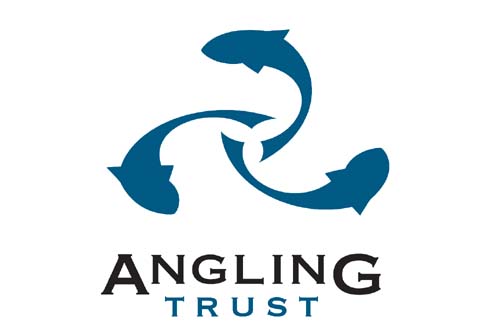The Angling Trust has learnt that DEFRA and the Environment Agency (EA) last year accidentally abolished the law which created an offence of fishing in the close season.
This will lead to poachers and illegal anglers caught in this spring’s coarse fishing close season getting away with lesser offences when their cases go to court.
The EA has now proposed an emergency byelaw to correct the error. The announcement was tucked away behind an announcement about new byelaws relating to eels, presumably in the hope that no-one would notice. A single bullet point on the last page of a seven page document quietly proposes to: “create the offence for fishing during close seasons and close times” to correct this mistake. The eel byelaws are printed in full, but the close season byelaw is only provided on the Agency web site at http://www.environment-agency.gov.uk/homeandleisure/recreation/fishing/114281.aspx
The Marine & Coastal Access Act repealed Section 19 of the Salmon and Freshwater Fisheries Act. This was with the intention of allowing the Agency to regulate and enforce close seasons/close times entirely by byelaw. However, the repeal overlooked the fact that S.19 also contained the only offence of fishing during the close season and close times. Government lawyers had assumed the offence was included in national/regional byelaws, but these simply set out close season dates/times and do not include offences. As a result, while all the existing close seasons and times remain as set out in byelaws, there is now no active offence of fishing during the close season or close times.
The Angling Trust understands that 14 anglers have been successfully prosecuted for fishing in the close season and that their convictions will now have to be nullified. Over 90 other cases are pending. Prosecutions of Section 19 offences will have to be halted, but some offenders will be prosecuted for other offences (e.g. fishing without a licence or byelaw contravention).
In addition, Section 35 (subsection 2) of the Salmon and Freshwater Fisheries Act (1975) allows holders of a rod licence to require another angler to show his licence and give his name and address. Failure to produce a licence was an offence. This was a very useful tool for angling clubs and fisheries, in particular for fishery and club bailiffs or water-keepers. However, Section 220 (subsection 8) of the Marine and Coastal Access Act (2009) removed this authority, limiting it to Environment Agency enforcement officers and police officers only, by amending the Salmon and Freshwater Fisheries Act to omit Section 35, Subsection 2.
Angling Trust will be seeking a reinstatement of this provision. In the meantime the Trust is issuing guidance to its member clubs about how to address this unwelcome change, which we are told is because the old legislation might raise issues regarding data protection requirements and the protection of young people.
Mark Lloyd, Chief Executive of the Angling Trust and Fish Legal said: “We are very concerned that such a major error could be made by the teams of lawyers involved in drafting new legislation. We also believe that the attempts to conceal the error were misconceived and that a full public statement should have been made once the error was discovered. The Trust will remain vigilant in ensuring that law-abiding anglers’ interests are protected, and that clubs and fisheries have the tools available to help police their fisheries.”






